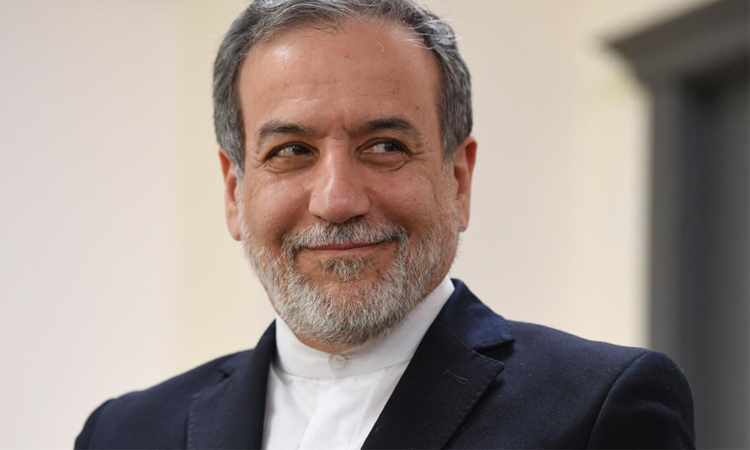News Flash

TEHRAN, April 6, 2025 (BSS/AFP) - Iranian Foreign Minister Abbas Araghchi on Sunday rejected direct negotiations with the United States as "meaningless", after US President Donald Trump said he would prefer direct talks with the Islamic republic.
Trump had called last month on Tehran to hold negotiations on its nuclear programme with Washington, but threatened to bomb Iran if diplomacy fails.
On Thursday, the US president said he would prefer to hold "direct talks" with Iran.
"I think it goes faster and you understand the other side a lot better than if you go through intermediaries," he argued.
But on Sunday, Araghchi said "direct negotiations would be meaningless with a party that constantly threatens to resort to force in violation of the UN Charter and that expresses contradictory positions from its various officials".
"We remain committed to diplomacy and are ready to try the path of indirect negotiations," he added, according to a foreign ministry statement.
"Iran keeps itself prepared for all possible or probable events, and just as it is serious in diplomacy and negotiations, it will also be decisive and serious in defending its national interests and sovereignty," Araghchi said.
On Saturday, Iranian President Masoud Pezeshkian said his country was willing to engage in dialogue with the US "on equal footing".
He also questioned Washington's sincerity in calling for negotiations, saying "if you want negotiations, then what is the point of threatening?"
- Nuclear programme -
Western countries, led by the United States, have for decades accused Tehran of seeking to acquire nuclear weapons.
Iran rejects the allegation and maintains that its nuclear activities exist solely for civilian purposes.
On Saturday Hossein Salami, the head of the Islamic Revolutionary Guard Corps, said the country was "ready" for war.
"We are not worried about war at all. We will not be the initiators of war, but we are ready for any war," the official IRNA news agency reported him as saying.
In 2015, Iran reached a landmark deal with the permanent members of the UN Security Council, namely the United States, France, China, Russia, and the United Kingdom, as well as Germany, to regulate its nuclear activities.
The 2015 agreement formally known as the Joint Comprehensive Plan of Action (JCPOA)gave Iran sanctions relief in exchange for curbs on its nuclear programme to guarantee that Tehran could not develop a nuclear weapon.
In 2018, during Trump's first term in office, the United States withdrew from the agreement and reinstated biting sanctions on Iran.
A year later, Iran began rolling back on its commitments under the agreement and accelerated its nuclear programme.
On Monday, Ali Larijani, a close adviser to supreme leader Ayatollah Ali Khamenei, warned that while Iran was not seeking nuclear weapons, it would "have no choice but to do so" in the event of an attack against it.